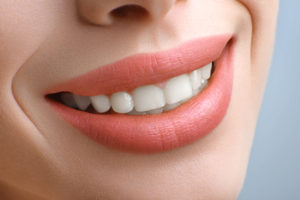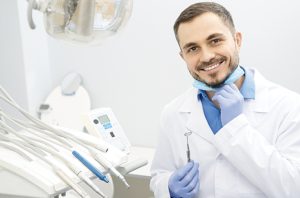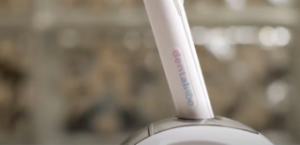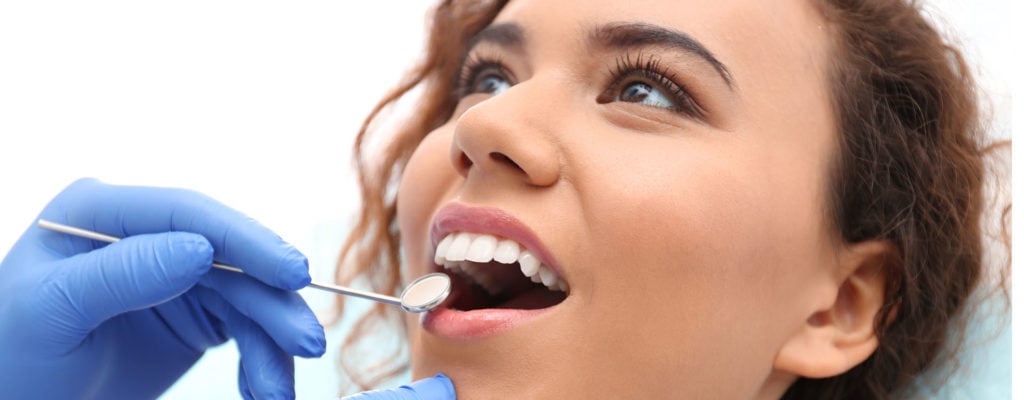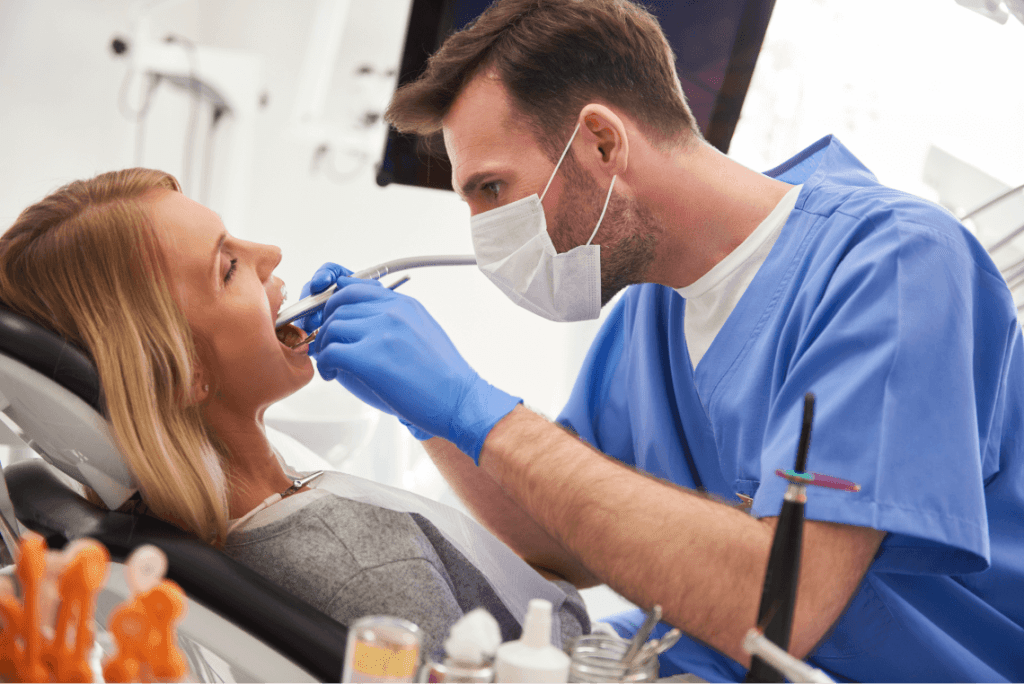A dental exam is part of preventive dental care. Dental exams allow your dentist to detect any oral issues and related conditions in the mouth or jaw area. Regular dental exams can help identify conditions that may develop without noticeable symptoms, such as cavities and oral cancer. They also help your dentist identify any abnormalities that may be worsening without you realizing it.
What can you expect from a routine dental examination?
During a dental examination, a dentist will:
- Evaluate your general oral hygiene
- Evaluate your risk of bone and gum diseases as well as tooth and root decay
- Check for teeth that require replacement or restoration
- Check for jaw and bite problems
- Demonstrate how to clean your teeth or care for dentures
- Assess your need for fluoride treatment
- Take a dental x-ray and perform any other diagnostic procedures
A dental exam also gives you an opportunity to talk to your dentist about other conditions in your body that might affect your oral health. This may include diabetes, arthritis, or any medications that may cause you to have a dry mouth. If you have bridges or dentures, your dentist will check their fit and advise accordingly. Your dentist may also give you advice on ways to improve your diet and enhance your oral hygiene.
Your dentist may also make a dental impression of your teeth in order to make mouth guards or create bleaching trays. They may feel the sides of your jaws and the inside of your cheeks and lips, as well as examine your tongue for signs of oral cancer.
A regular dental examination is your best bet for identifying oral issues before they become a serious problem. It is recommended that you have at least two dental exams each year, and more if you have an increased risk of contracting any dental condition.





